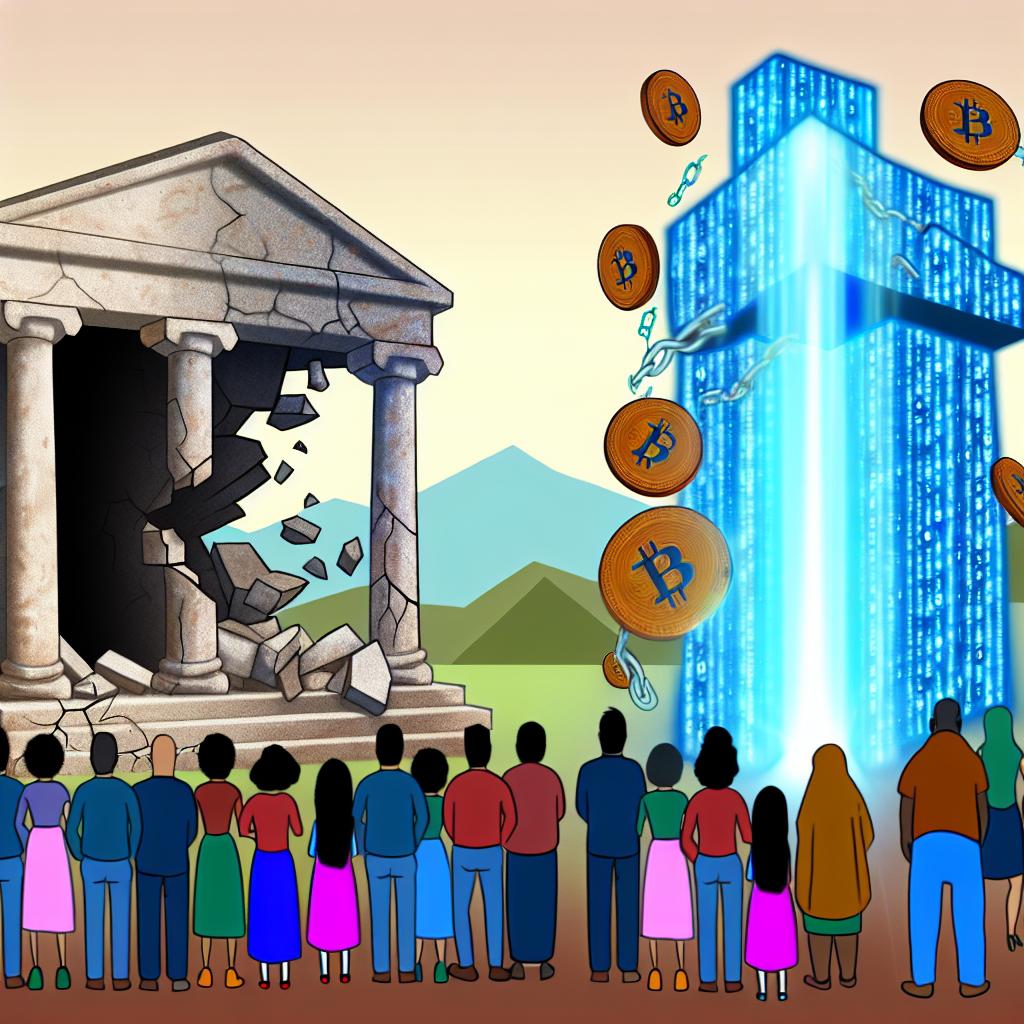Understanding Decentralized Finance (DeFi)
Decentralized Finance, or DeFi, represents a groundbreaking shift in the traditional financial landscape, driven by the innovations of blockchain technology. DeFi facilitates financial services like lending, borrowing, and trading, typically offered by established financial institutions, by leveraging the decentralized power of blockchain networks. This system is predominantly built on the Ethereum blockchain, which is known for its robust smart contract capabilities. This technology enables not only enhanced transparency and security but also a higher degree of accessibility for users worldwide.
The Core Principles of DeFi
The foundational framework of DeFi is its decentralized infrastructure, which eradicates the necessity for intermediaries such as banks, financial advisors, or brokerage firms in processing financial transactions. This is achieved through the implementation of smart contracts. These smart contracts are automated, self-executing contracts with conditions that have been predefined and encoded into the blockchain. When activated, they execute transactions precisely according to these instructions without the need for third-party intervention. The automation of these transactions presents several notable benefits, among which enhanced security is significant. The immutable nature of smart contracts means that once deployed, they cannot be altered, ensuring transparency and trust among participants utilizing DeFi applications.
Key Components of DeFi
The comprehensive structure of DeFi revolves around several critical elements:
Blockchain Technology: This serves as the backbone of DeFi systems, creating a transparent and verifiable public ledger where all transactions are permanently recorded. Each transaction is cryptographically secured, ensuring both integrity and transparency.
Smart Contracts: These coded scripts facilitate automated, trust-independent transactions within the DeFi ecosystem. They define the framework within which participants can engage with one another, ensuring that actions and conditions are executed in a manner pre-agreed upon by all involved parties.
Decentralized Applications (dApps): dApps operate on blockchain platforms, offering traditional financial services through decentralized means. They enable users to perform financial activities such as lending, borrowing, and trading, all without the necessity for conventional financial intermediaries.
How DeFi is Transforming Banking
DeFi’s emergence is revolutionizing the financial industry by democratizing access to financial services and redefining traditional banking paradigms. Here are the compelling ways in which DeFi is effecting transformative changes in the banking sector:
Increased Accessibility
One of the primary transformative aspects of DeFi is the expanded accessibility to financial services. DeFi platforms extend services to essentially anyone who has an internet connection, reaching populations that are underserved by traditional banking systems globally. Conventional financial institutions often require extensive documentation or justified credit histories, creating barriers for many individuals. DeFi platforms, conversely, function without such requirements, lowering the entry barriers and paving the way for broader financial inclusion.
Reduced Costs and Increased Efficiency
DeFi eliminates the need for conventional intermediaries, leading to significantly reduced costs associated with transactions. This absence of middlemen means that processing times are often much faster, while the cost burden of typical financial services is substantially decreased. This efficiency not only provides economic benefits to users by reducing fees but also promotes a more transparent environment for financial transactions.
Enhanced Security and Privacy
Security and privacy are paramount in the DeFi ecosystem, bolstered by its decentralized structure and advanced cryptographic techniques. Users have greater control over their digital assets, thereby minimizing the risks traditionally associated with centralized repositories. This enhanced autonomy ensures a greater degree of security and privacy, with users maintaining exclusive access to their digital funds.
The Challenges and Considerations of DeFi
Despite the significant advantages that DeFi presents, it also introduces a variety of challenges and considerations:
Regulatory Concerns
DeFi operates in largely uncharted regulatory waters, raising concerns among policy makers and regulatory bodies worldwide. The primary challenge lies in the formulation of regulations that adequately protect users without hindering the innovative spirit and growth potential inherent within DeFi. Striking a balance between regulation and innovation remains a crucial area of focus.
Technical Risks
DeFi systems, being in their nascent stages, face potential technical vulnerabilities. For instance, flaws or bugs in the coding of smart contracts could lead to vulnerabilities that can be exploited, resulting in substantial financial losses for users. Therefore, continuous, rigorous auditing and iterative development are essential to ensure system robustness and resilience.
The Future of DeFi and Banking
The trajectory of DeFi growth points towards a future where traditional banking institutions may need to evolve, potentially adopting decentralized elements within their operations to stay relevant and competitive. The increasing interest and investment in DeFi technologies suggest a shift towards a financial ecosystem that is more open and accessible, potentially transforming legacy financial structures. As DeFi becomes more integrated into mainstream financial systems, the potential for a significant overhaul of the global financial landscape is becoming ever more apparent.
For those interested in further exploring the possibilities of decentralized finance and similar technologies, several blockchain research communities offer in-depth insights and up-to-date resources. One notable platform is Ethereum’s official site, which provides a wealth of information pertinent to understanding and navigating the evolving DeFi space.

